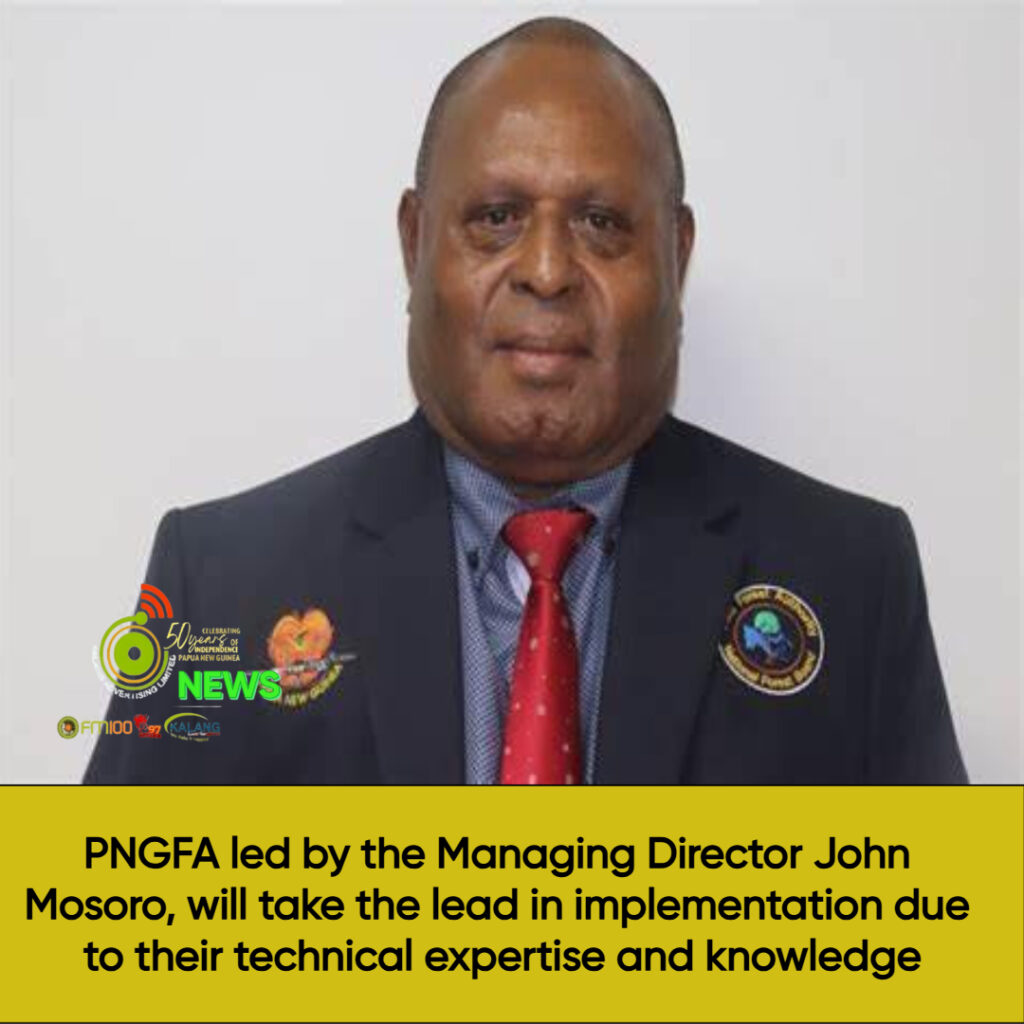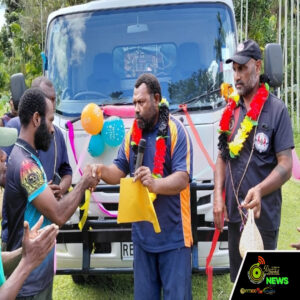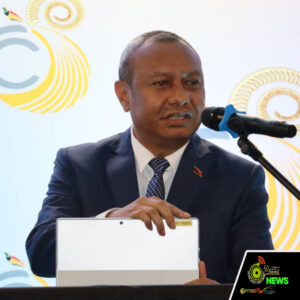PNGFA TO PILOT FOUR FOREST INDUSTRIAL PARKS

By Sandra ULG
THE Government, through a strategic partnership between the Ministry of International Trade and Investment and the PNG Forestry Authority (PNGFA), has announced plans to pilot four forest industrial parks across the country to promote downstream processing and drive the country’s Special Economic Zone (SEZ) agenda.
The initiative follows the signing of a Memorandum of Understanding (MoU) between the two agencies aimed at enhancing resource value addition and reducing raw log exports.
Speaking during the signing, International Trade and Investment Secretary Jacinta Warakai Manua said the ministry would play a supporting role, while the Forestry Authority would lead implementation due to its technical expertise and industry knowledge.
She says they are looking at developing integrated forestry economic zones by starting with four pilot sites in Central (Napa Napa), West Sepik (Vanimo), East New Britain, and Morobe Province.
The first facility will be established in Napa Napa, Central Province, due to its proximity to essential infrastructure such as power, water and port access. Logs will be sourced from Central, Gulf and Western provinces and processed on-site.
The Napa Napa plant is expected to open in the coming months, with ribbon-cutting ceremonies to be attended by key ministers.
In a significant policy shift, PNGFA Managing Director John Mosoro revealed that they will increase the country’s stake in processed timber products from 2% to 30%, with one or two Forest Management Agreements (FMAs) to be fully allocated to PNG Diwai Holdings Limited for state-run operations.
He says for the first time, Papua New Guineans will run everything from bulldozer drivers to engineers to accountants. All workforce will be recruited locally.
In anticipation of this transition, PNGFA will sign MoUs with the Timber Industry Forestry Training College in Lae (for technicians), Bulolo Forestry College (for managers), and Unitech (for wood science specialists), to train the required manpower for downstream processing.
He emphasized that while downstream processing has long been part of national policy, this is the first coordinated push to implement it as part of a broader Special Economic Zone strategy.





